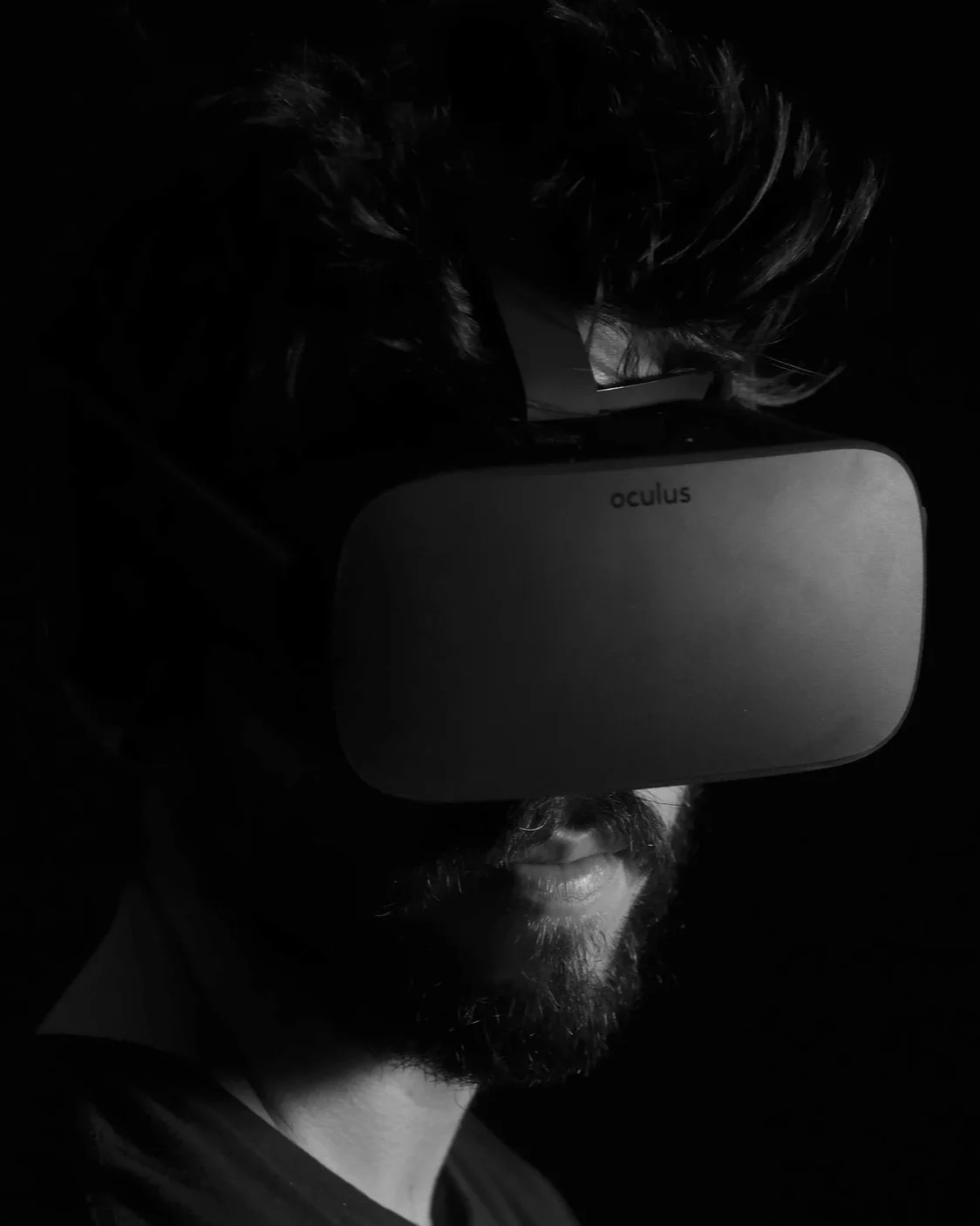Jesus in the Commute: On Trains & the Real Presence
Photo by Mayowa Koleosho on Unsplash
I catch the train to work every day, and being in Australia’s unofficial bible belt means that I pass by a number of churches on my way journey, including Catholic ones. In fact, I pass by at least four Catholic churches located along the train tracks.
A Ukrainian Catholic church marks the quarter mark of my journey, two Roman Catholic Churches somewhere along the halfway point, and a parish of the Ordinariate of the Southern Cross (more colloquially known as the Anglican Ordinariate) somewhere near my destination.
As best as I can remember to do so, I try to do the Catholic thing as I pass by these churches and greet the Eucharistic Lord residing in the tabernacles of these churches as they come into view and quickly zoom past my line of sight. That is at least four points in my journey to work and back where I have a visual reminder of the presence of God.
But do the same thing over and again, and slowly the meaning of each repetition changes. Over time, I come to learn that I am not only “doing the Catholic thing”, which then makes myself the main reference point. Nor am I simply interrupting my ride by greeting the Lord in the tabernacle four times to work and four times back. Nor am I acknowledging eight times a day (if I am diligent enough to remember or notice) some intellectual notion of the real presence of Jesus in the Eucharist.
Something about greeting Jesus as I went along the tracks brought to mind the notes of the retreat by Julian Carron, the leader of Communion & Liberation. An ongoing theme of the movement is the awareness of the incarnation in one’s life, and consequently, the presence of Jesus in the circumstances that we experience. As Carron says at one point in his 2017 retreat in Rimini (entitled My Heart is Glad Because You Live, Oh Christ), referencing the movement’s founder Luigi Giussani:
…a particular story [is] the keystone of the Christian conception of man…In other words…only through the experience of Christ in the heart of each of us…It is the event of Christ, the historical encounter with His presence, now as then, that makes possible the opening to the full truth about the human person and the journey towards it.
Put another way, Jesus has entered history only insofar as Jesus becomes an event in his story and hers, insofar as he is woven into the fibres of circumstances and experiences. The incarnation, is not merely about a single historical event in the past, but in every node of history going right up to the present. This of course, includes his being deeply immersed in the circumstances that together make up our history.
The practice of greeting the Lord in the multiple tabernacles along my train journey are calls for me to be mindful of the Christ event in every one of my events. As I move along my day, in good circumstances and in bad, I am reminded that Christ is there waiting.
If only I can be so aware. The moments when I look up, only to realise that a church just disappeared from view, were the times that I was caught ruminating over an administrative puzzle, trying to assert my own control over this particular circumstance.
In moments like these, I sunder the presence of God from that moment with my desire to assert my own control over it. More often than not, however, I often end up being overwhelmed by those very circumstances. This is because, as Gilles Deleuze and Felix Guattari say in their book A Thousand Plateaus, the sheer complexity of events in our lives escape our meager means to order and predict them.
As such, events will come into the purview of our experience that we do not expect. A project goes awry, a deadline I set is not met, a friendship I want to keep dissolves, a possession I connect with deeply is lost. When these events come our way, we realise what Carron calls “our poverty” or our inability to satisfy our desires, which are infinite, with our finite skills.
Moreover, I come to an awareness of Jesus’ absence in that moment and take it to mean His absence in every moment henceforth.
And yet, this little exercise of expectation of another church when one is missed, and thus the expectation that I can be once again in his presence as I travel along the tracks, is a precious reminder that we can expect the presence of Jesus as an ongoing event, fused with every oncoming event in our history. My feeble imagination is struck again by the reminder that with each turn along the way, no matter how fortuitous or disastrous, Christ is there waiting.
Waiting to start again, ready to transform again, ready to live again…
Support Awkward Asian Theologian on Patreon, and help make a change to the theological web




